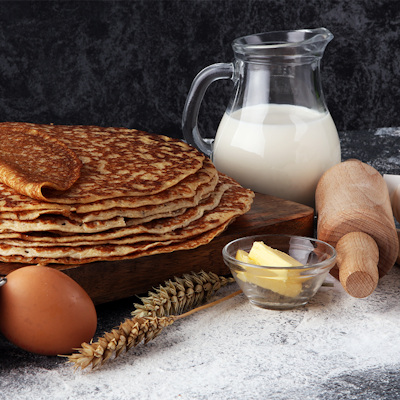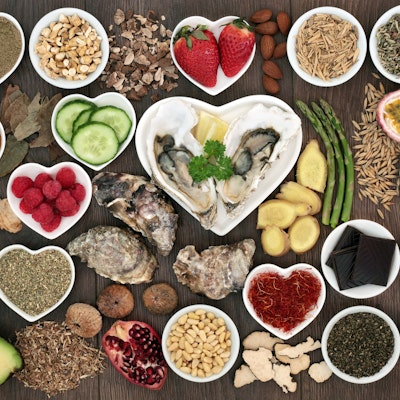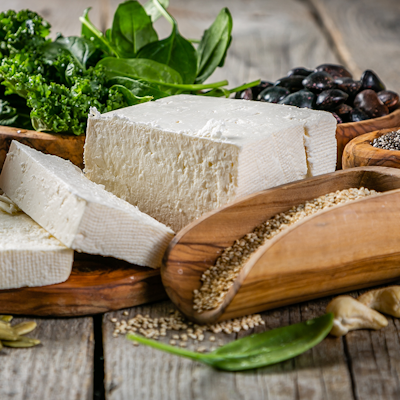What are the best sugar alternatives?
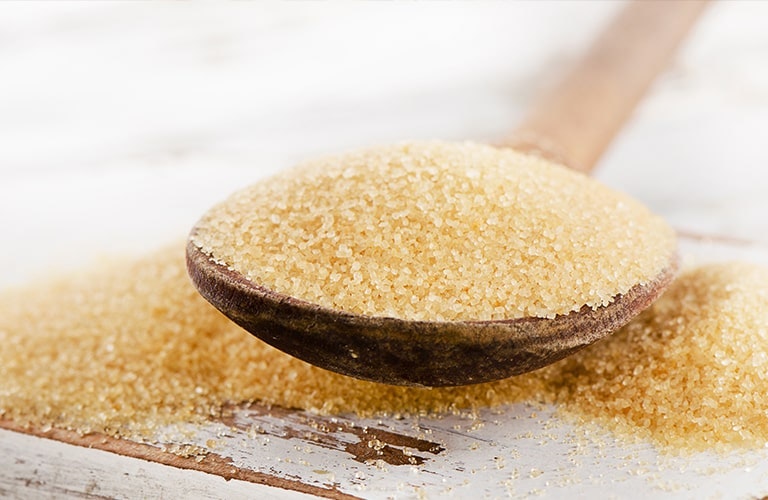
As health food enthusiasts and industry insiders know, sugar intake is always one of the nation's hottest dietary topics.
Here at Erudus we really enjoy having something sweet in our lives - and our diet, buttoo much sugar is a very bad thing for our health. Fortunately, there is an ever-increasing number of sugar alternatives out there, many of which have a less negative impact on the body than sugar, and several which have health benefits all of their own. Read on to find out which...
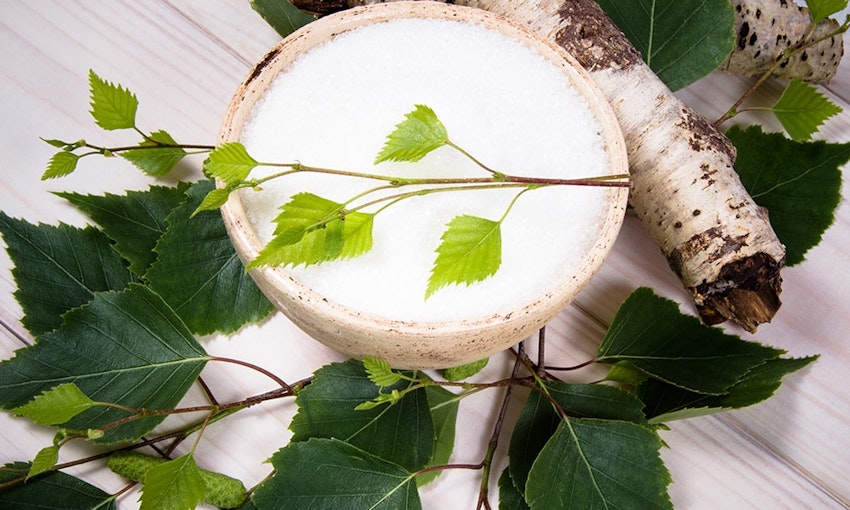
Birch Sugar
What: A sugar alcohol (no, not the boozy kind) also known as Xylitol and a natural constituent of some fruit and vegetables. While it can be man-made, most birch sugar is produced from corn cobs.
The pros: It has half the calories of sugar but the same sweetness. Some advocates claim it aids them with weight management – particularly since it’s not the kind of sweetener that converts to belly fat, and because it doesn’t cause blood sugar to spike it’s also safe for diabetics.
The cons: Since its popularity is fairly recent, not much is known about Xylitol’s long-term effects, other than that very large amounts of it can cause flatulence and digestive problems. Though a natural product, it doesn’t contain vitamins or protein and it’s also dangerous for dogs – worth knowing if you’re a pet owner.
Used for: Mints, soft drinks, oral-care products, diabetic-friendly products, chewing gum. Fun Fact: Birch sugar is great for your teeth – it prevents decay by attacking the harmful bacteria in your mouth and starving them to death, hence the chewing gum link.
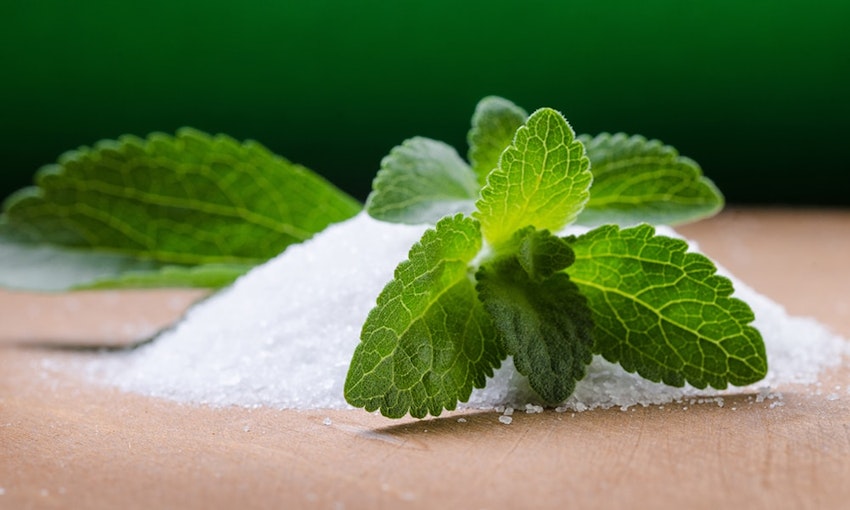
Stevia
What: The Stevia plant is a member of the Chrysanthemum family, and whilst you can grow it at home, most industry stevia is the highly refined extract known as Reb-A. Pregnant women can safely use Reb-A, but not unrefined Stevia.
The pros: It’s around 200 times sweeter than sugar but has no calories. Despite the zero calorie content, some consumers say it makes them feel fuller for longer and use it as a diet aid.
The cons: Too much stevia could harm your kidneys, but the most common complaint about it is the liquorice after-taste which doesn’t appeal to all taste buds. Stevia contains the starch maltodextrin, so if you’re eating or drinking it all day the carb count can easily creep up.
Used for: Chocolate, soft drinks, hot drinks, as a cooking and baking substitute for sugar.
Fun Fact: Stevia has been used as a sweetener for over 1500 years by the Guarani people of South America.
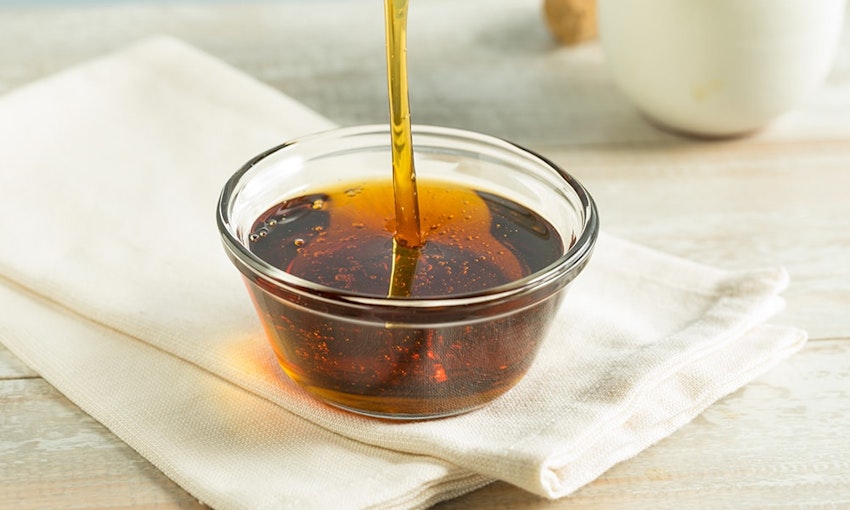
Agave Syrup
What: A honey-like syrup derived from the sap of the agave plant – a cactus native to Mexico.
The pros: Agave is 1.5 times sweeter than sugar, so you can achieve the same taste by using less. It also has a lower GI than sugar, which means it’s better for weight-management and will cause less of a spike in blood sugar.
The cons: Agave syrup is not a low-calorie alternative to sugar, and can only be an arguably healthier one in its raw and unrefined form. Its high fructose content can be linked to belly fat.
Used for: Topping cereals and porridge, hot drinks, baked desserts and bread (make sure you cook at a lower temperature than sugar though).
Fun Fact: Tequila is also made from the agave plant, using the fermented water in its roots.
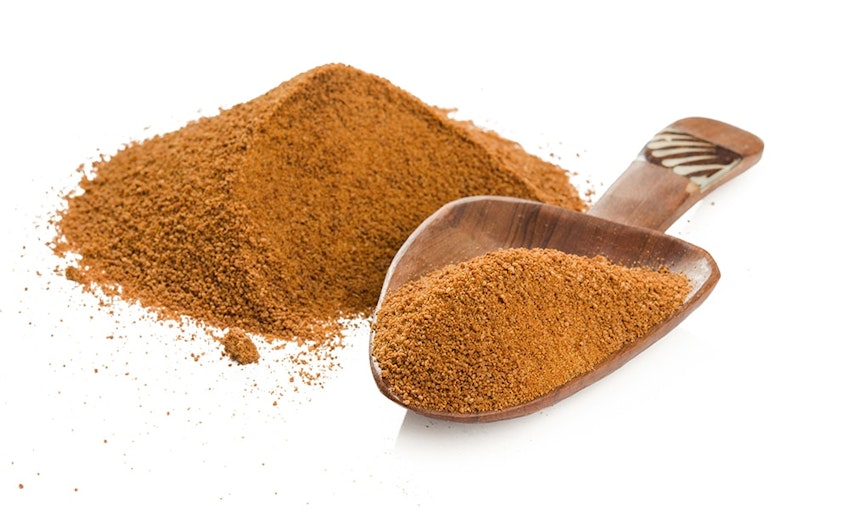
Erythritol
What: A sugar alcohol (again, you can’t get drunk on it) found in some fruits and fermented foods, but more commonly man-made by the fermentation of wheat or corn starch.
The pros: It has less than 10% of the calories of sugar, doesn’t raise blood sugar or insulin, and here’s the big one – Erythritol avoids the digestive complaints usually linked to sugar substitutes because it’s absorbed straight into the bloodstream and is expelled through urine, meaning it doesn’t go through the colon. A good choice for those prone to bloating and IBS.
The cons: Only that some of the projected pro’s – for example the claims that Erythritol’s antioxidant properties help reduce the risk of heart disease, don’t yet have enough evidence to be widely accepted.
Used for: Sugar-free sweets, soft drinks, lozenges, cakes and baked goods.
Fun Fact: Health food Instagrammers and Keto enthusiasts love Erythritol – unlike most sugars and sugar alternatives, it has a net-carb count of zero.
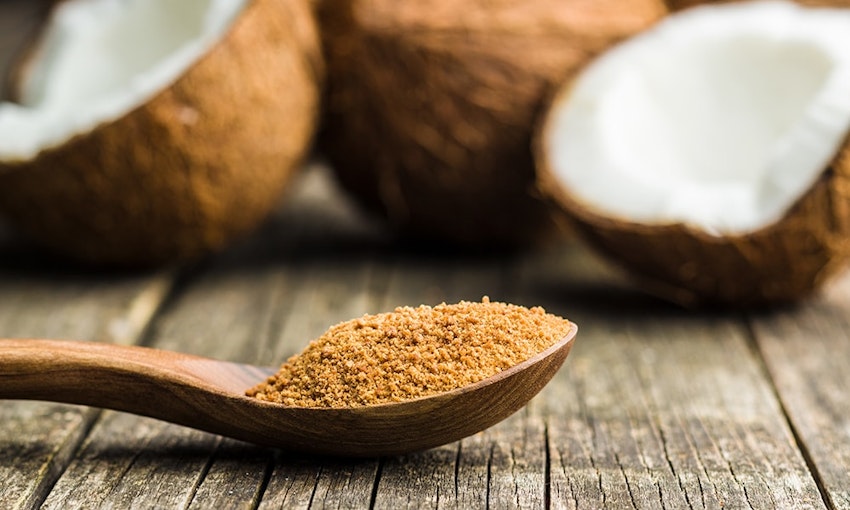
Coconut Sugar
What: Coconut sugar is produced from coconut palm tree sap – which it’s important to note has nothing to do with palm oil or palm sugar.
The pros: Coconut sugar retains many of the goodies found in coconut palm and has a better nutrient profile than regular sugar-containing higher proportions of things like zinc and iron, as well as the prebiotic inulin, which supports gut health. Inulin also contributes to coconut sugar’s lower GI.
The cons: It contains the same amount of calories as regular sugar and is almost as high in fructose, which contributes to weight gain.
Used for: Hot drinks, baked goods and savoury recipes that call for sugar.
Fun Fact: Green campaigners rejoice – the United Nations have called coconut sugar “the world’s most sustainable sweetener”.
You may also be interested in…


You may also be interested in…
